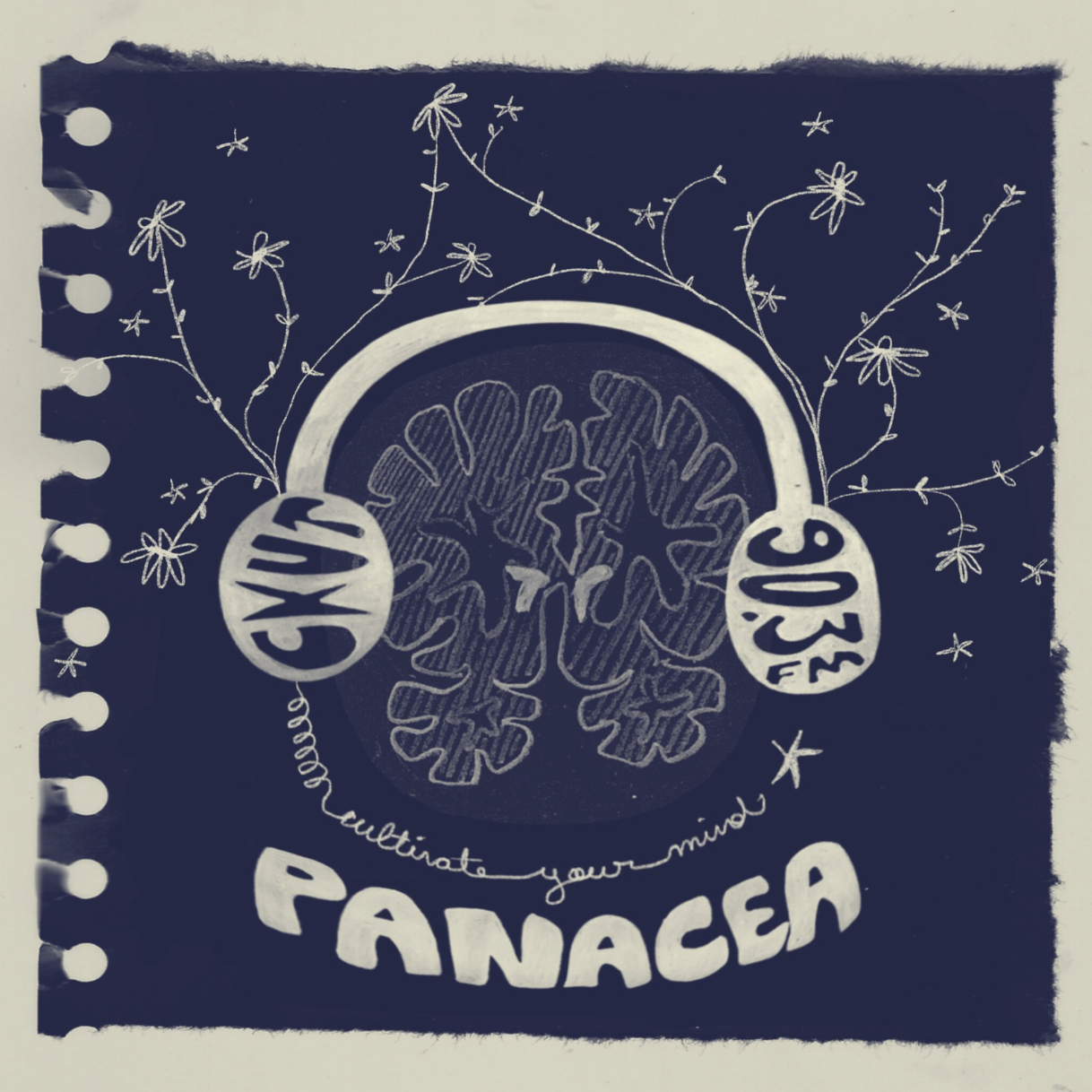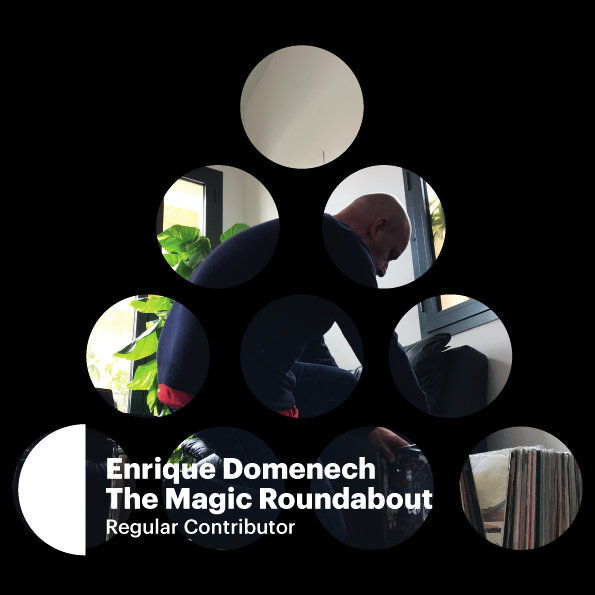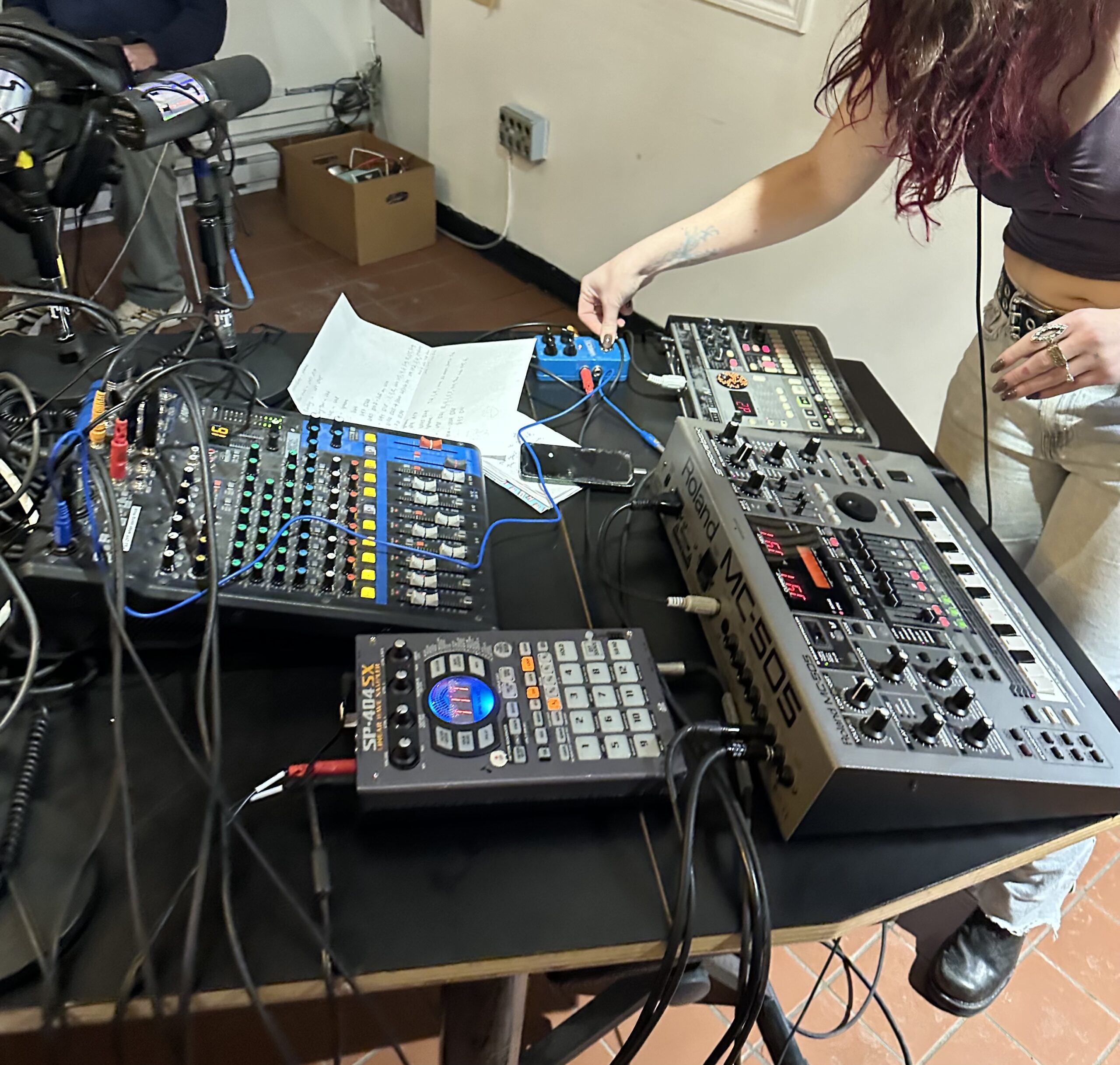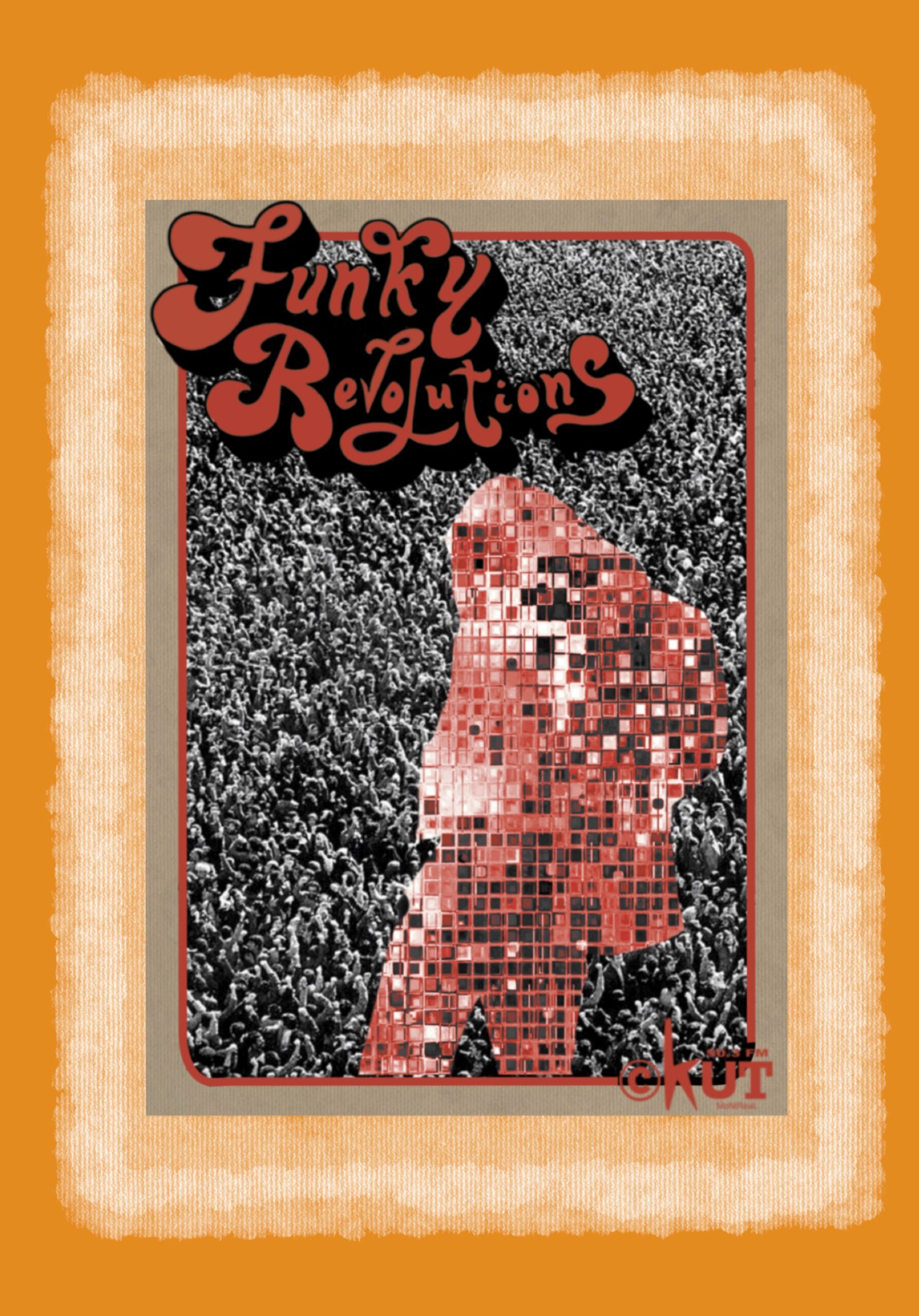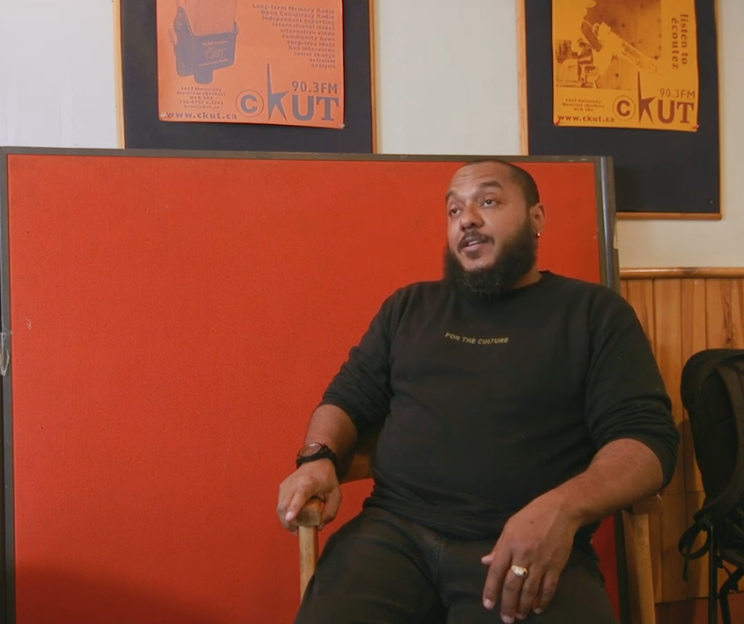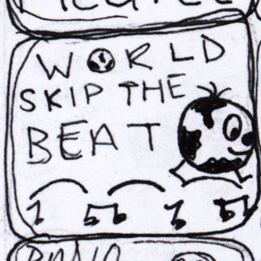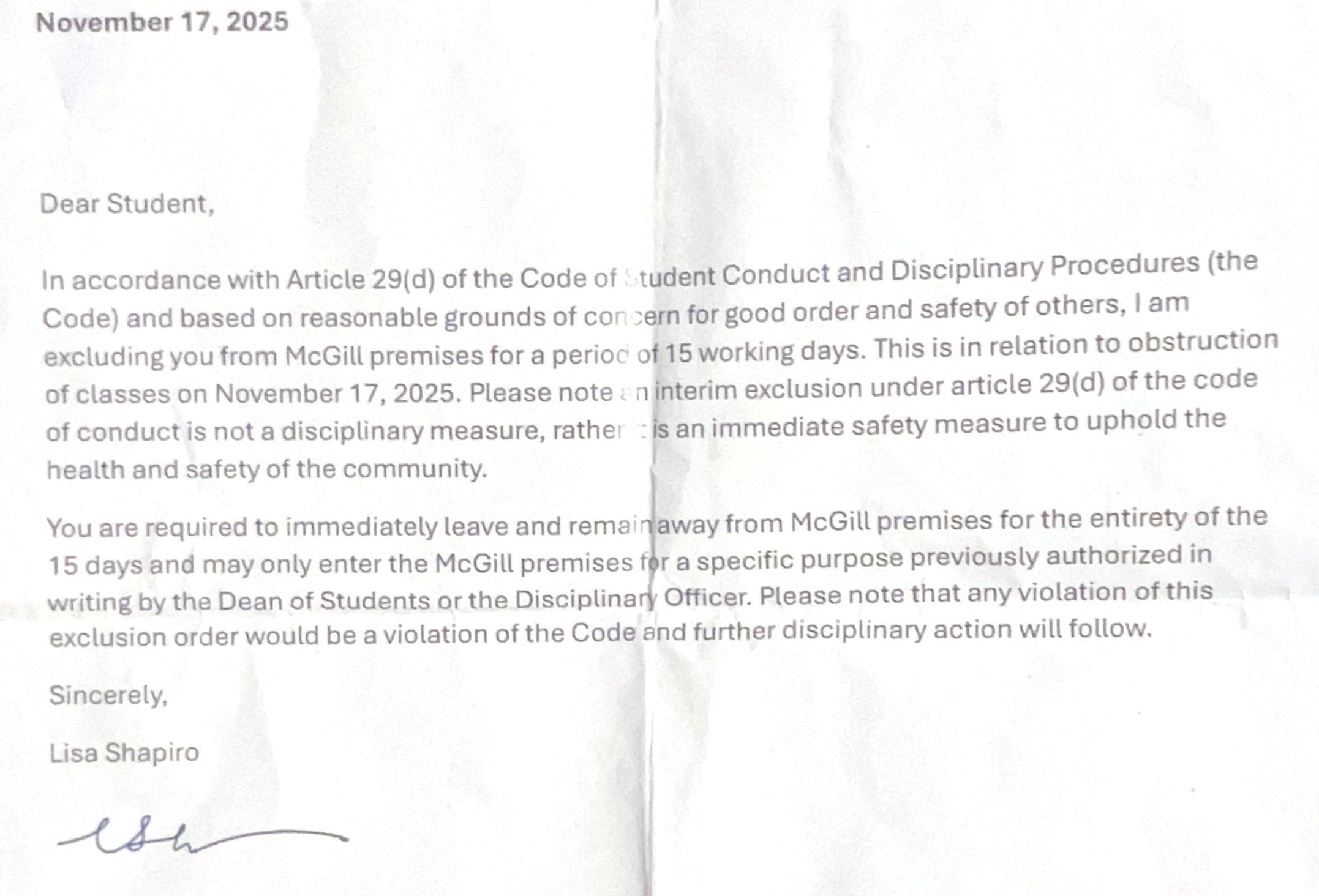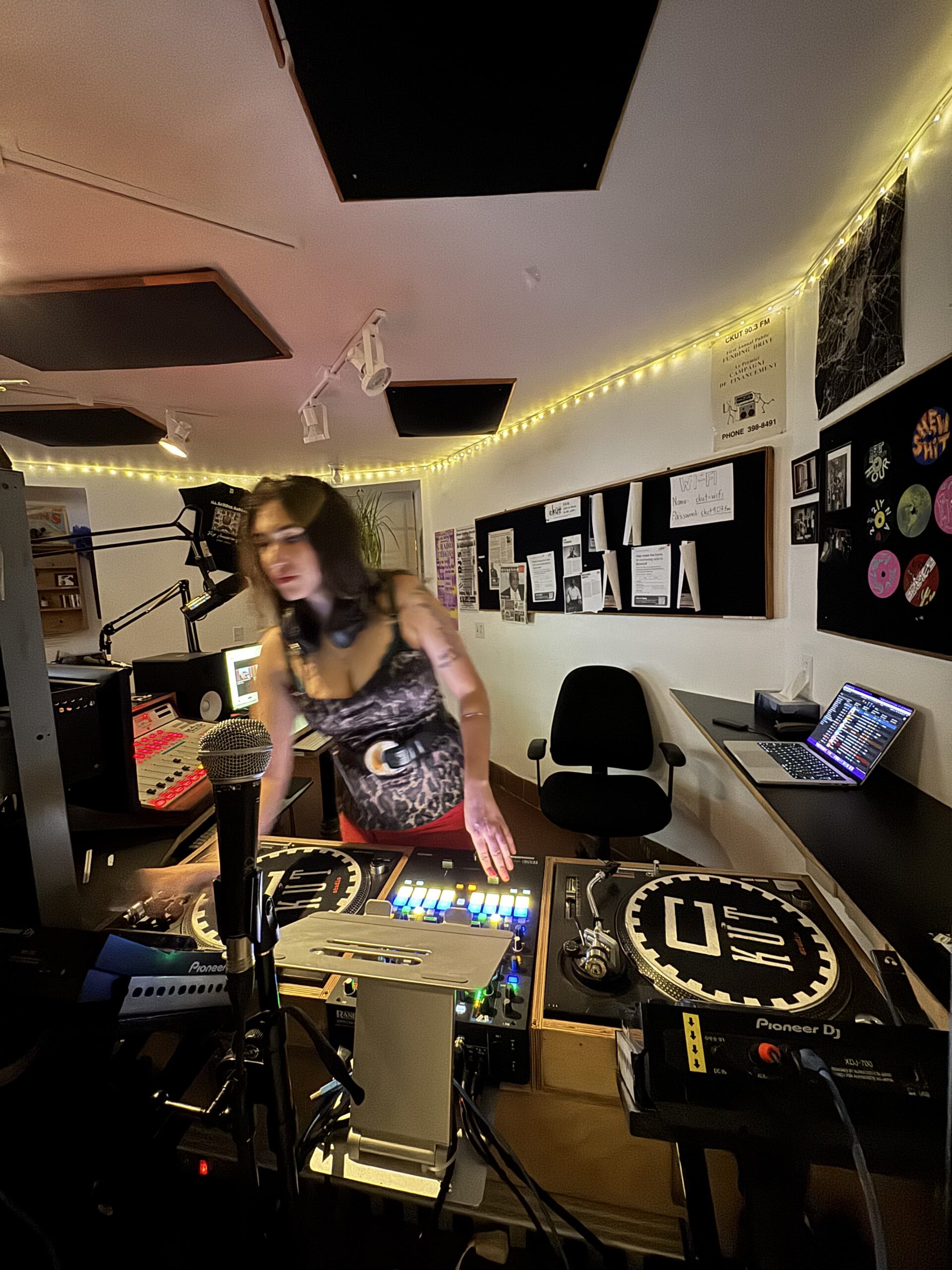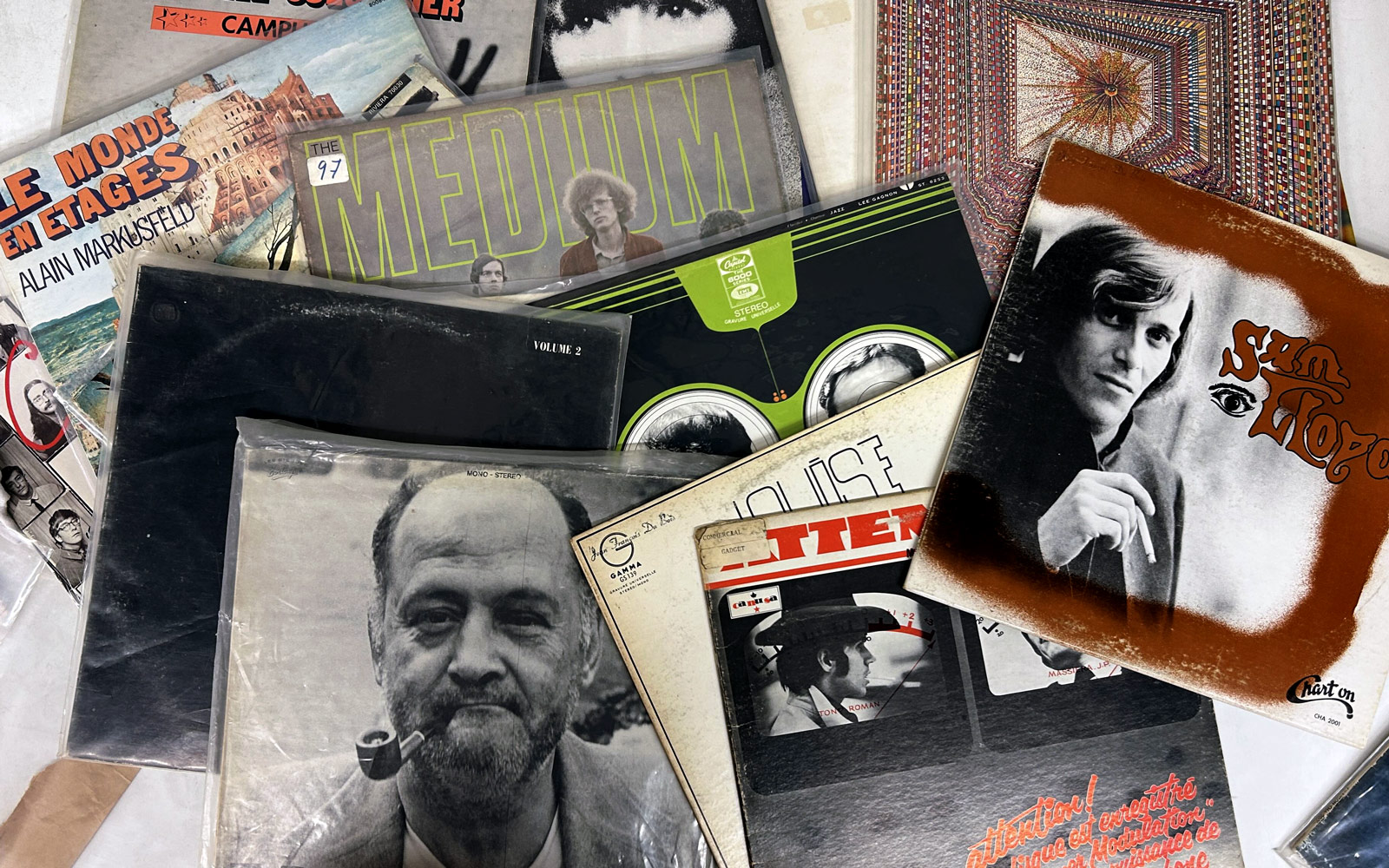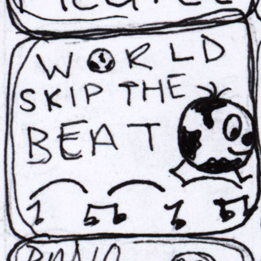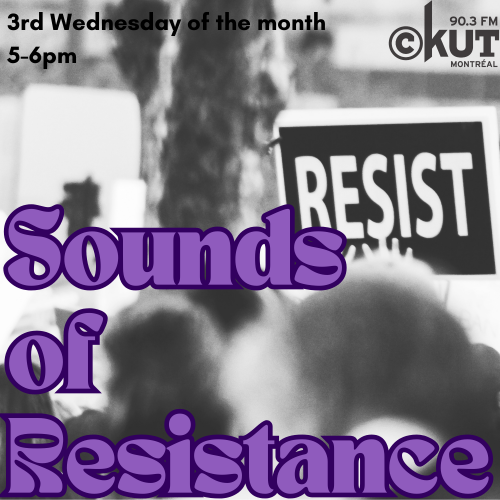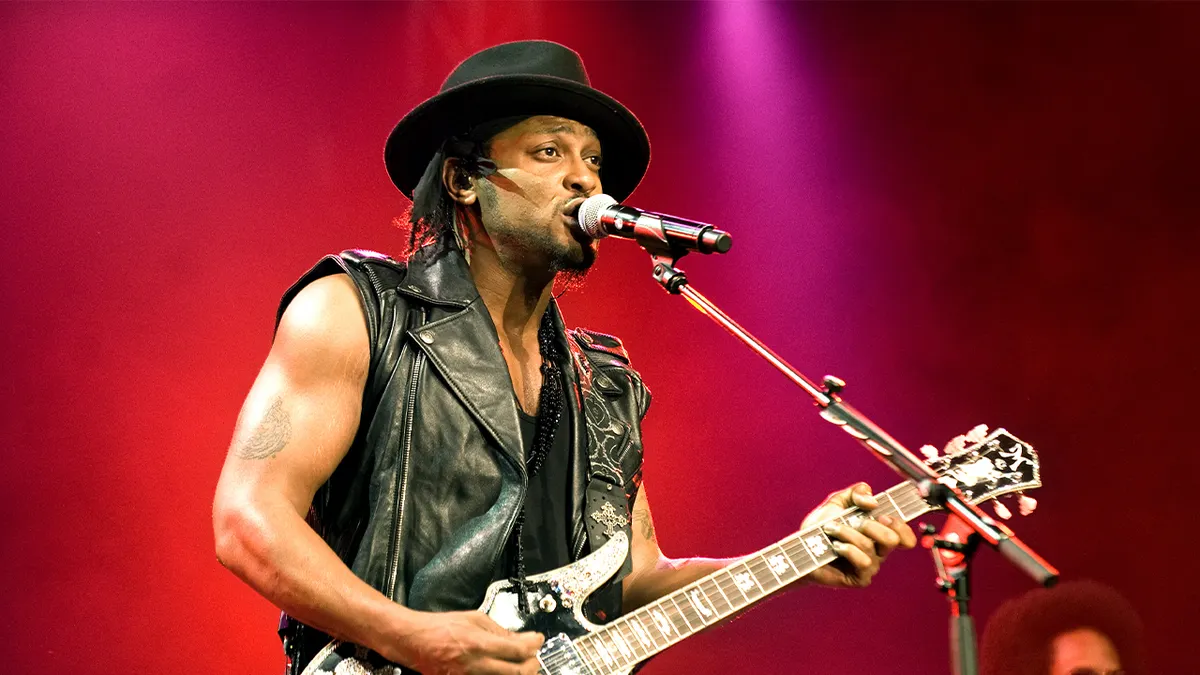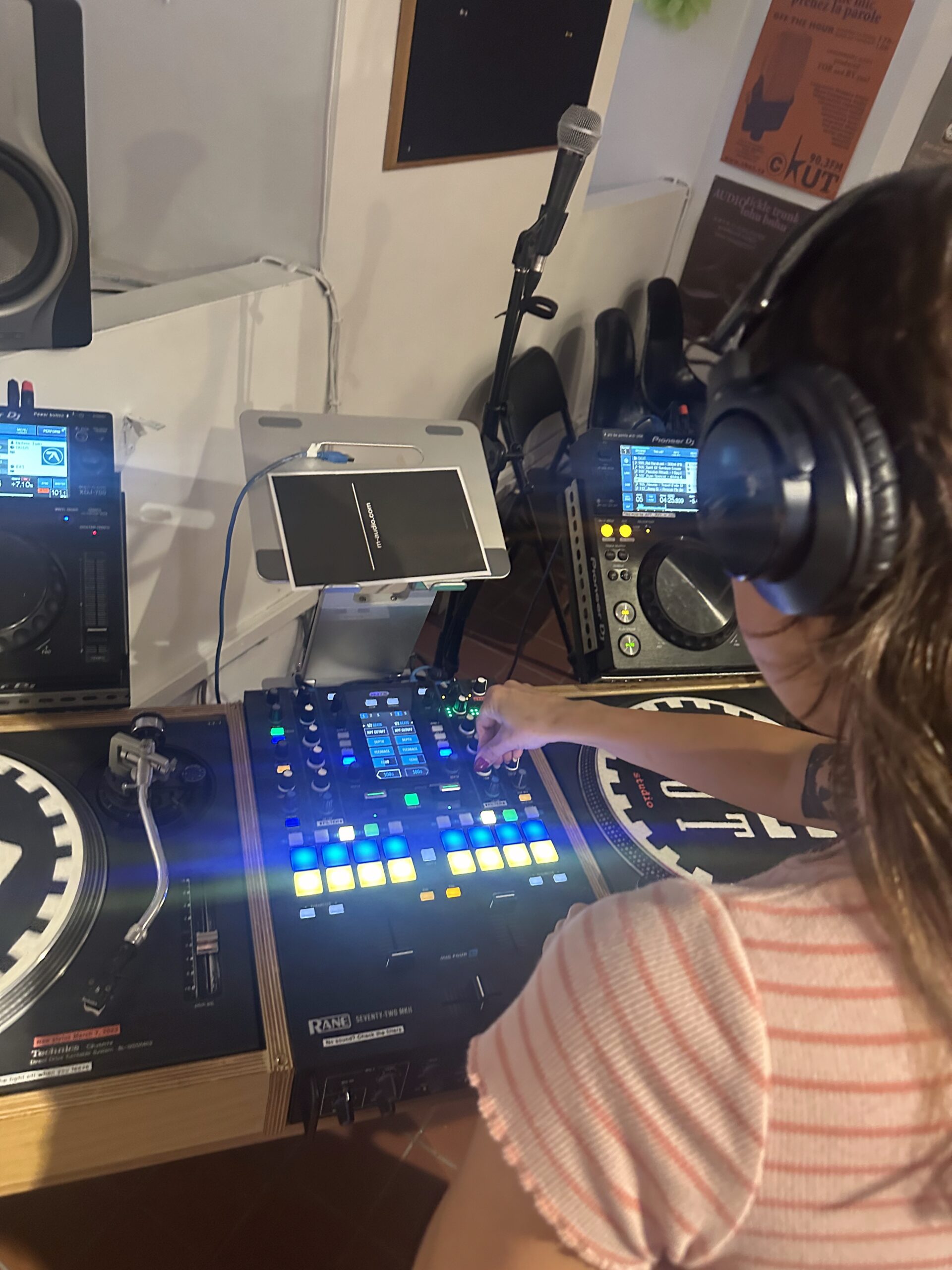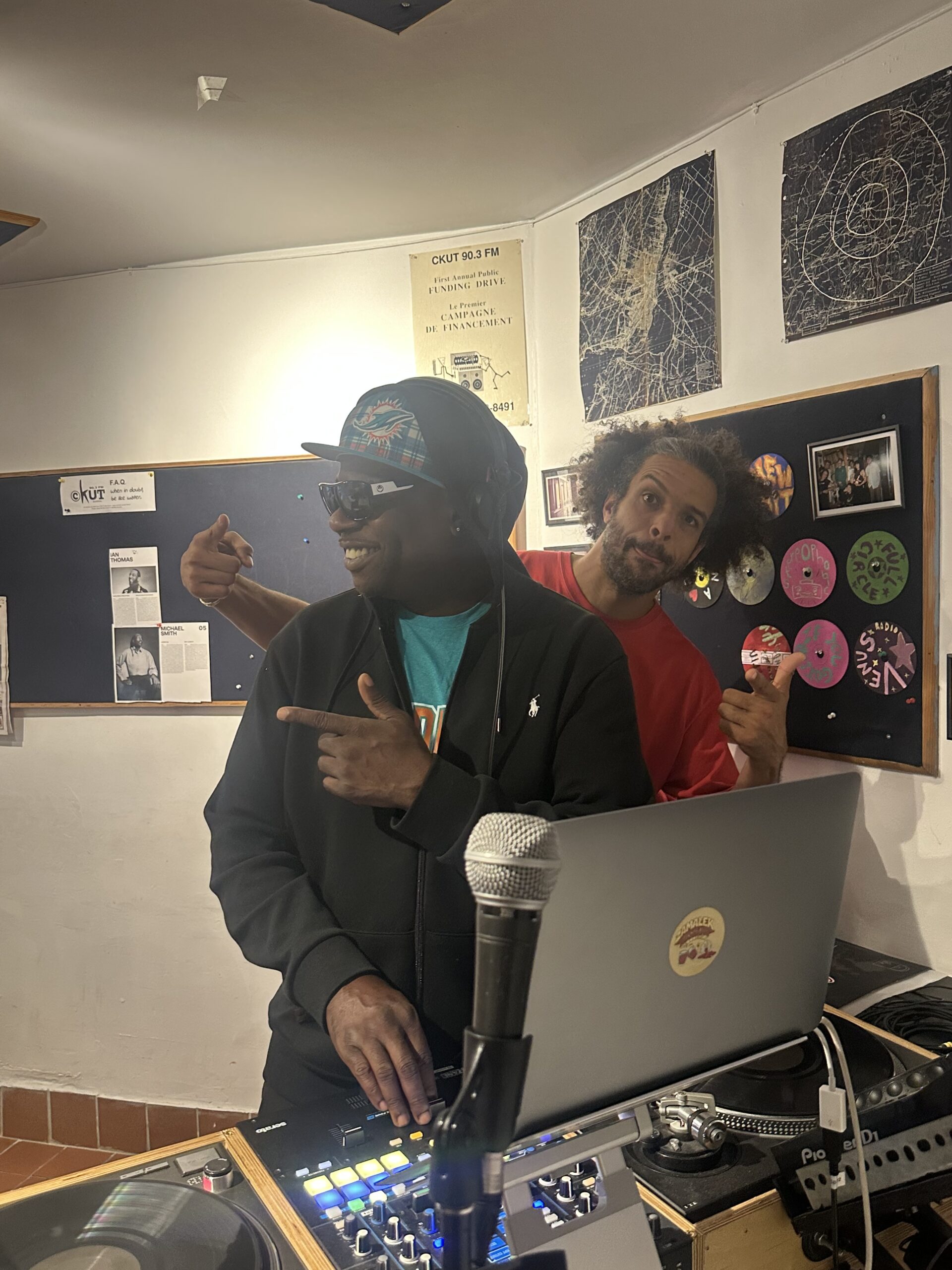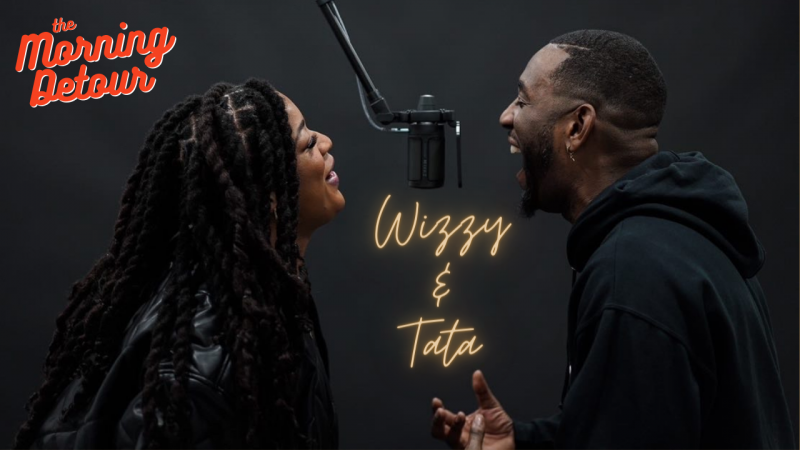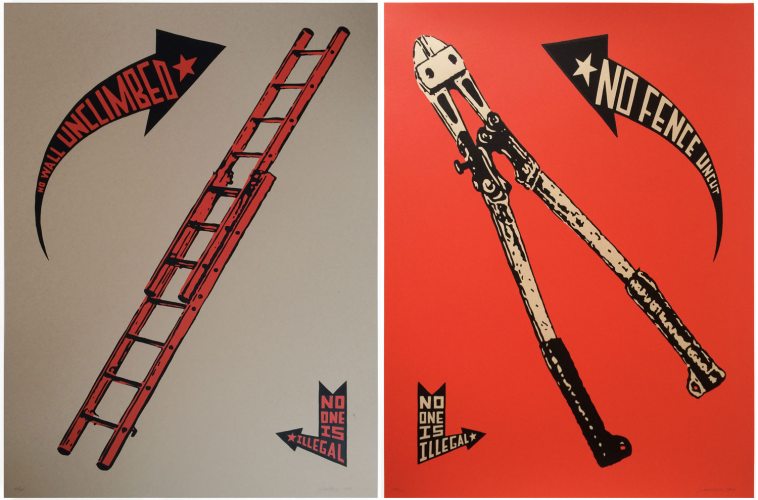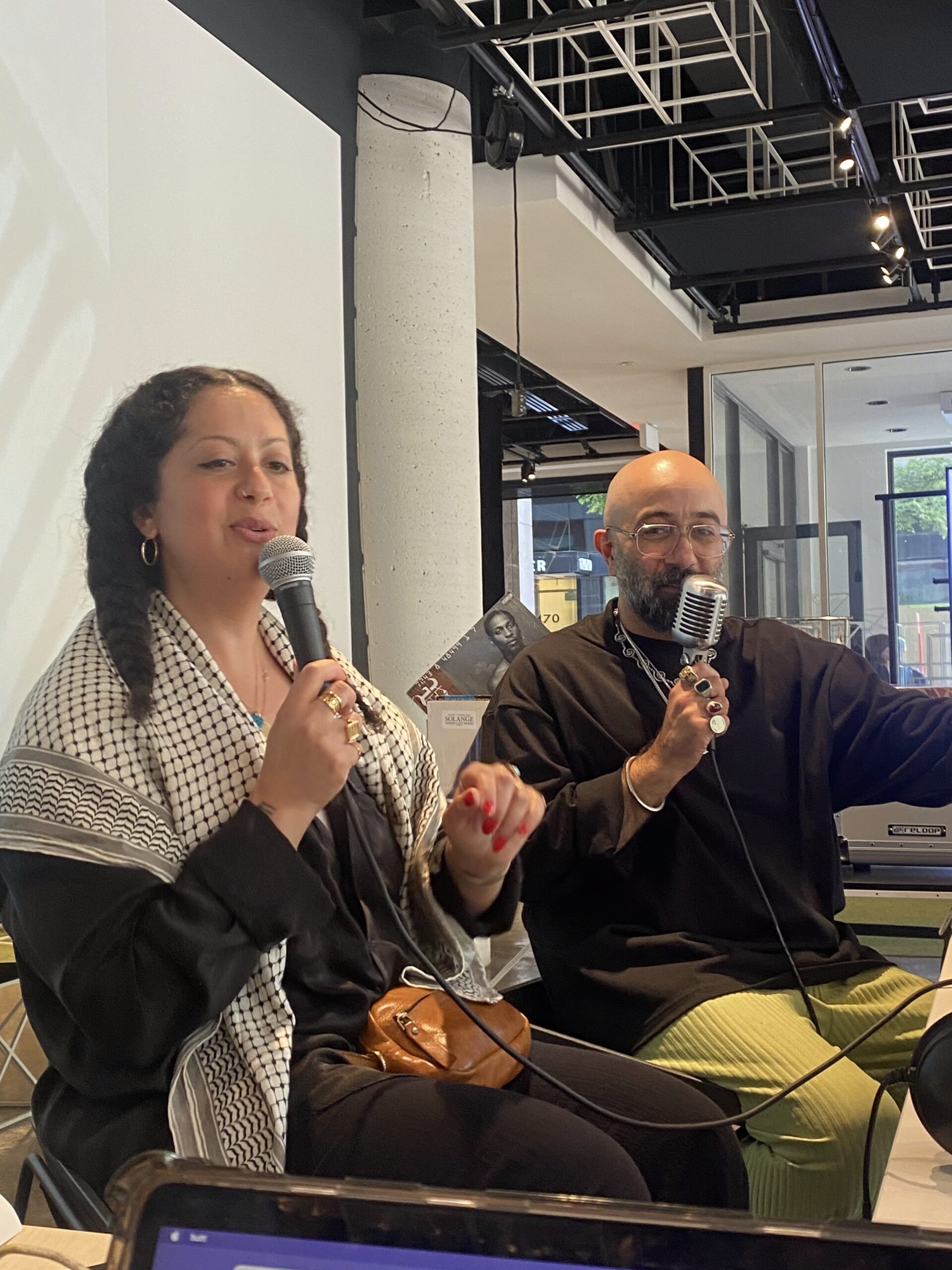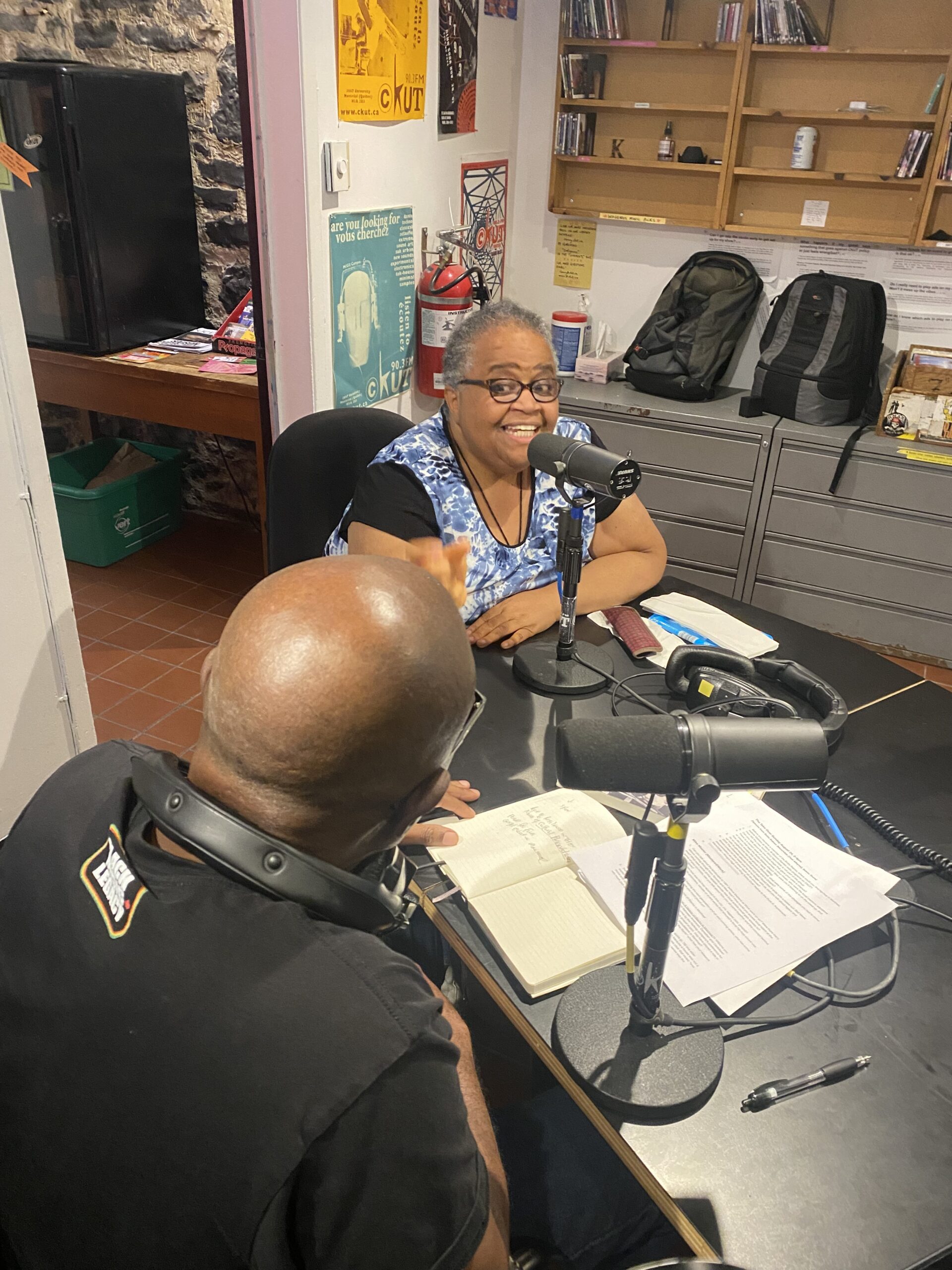Fringe Fest Review: Late in Life Lesbian
Spoken Word Intern Adrienne reviews Shelby Thevenot's "Late in Life Lesbian" at the 2024 Montreal Fringe Fest.
By Adrienne Roy, published Friday 21 June 2024
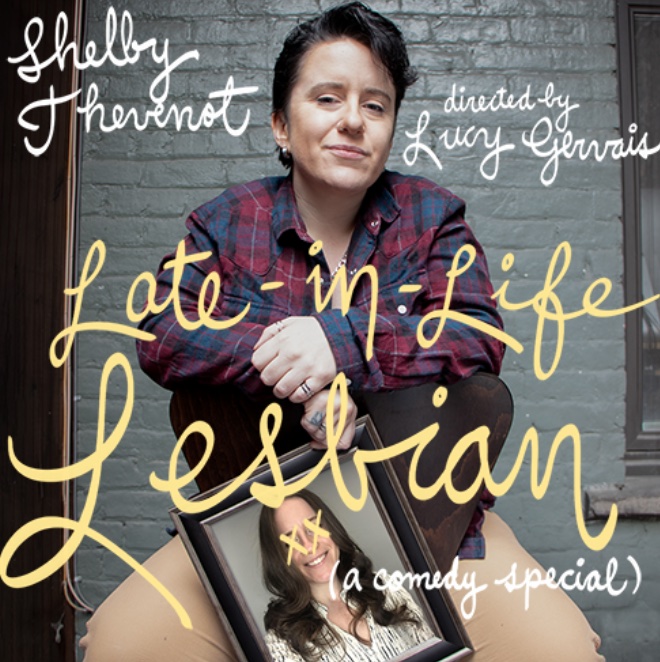
One of my favourite things to do upon arriving at a show is to scan the crowd. When I sat down for the second-to-last showing of Shelby Thevenot’s Late in Life Lesbian at the 2024 Montreal Fringe Festival, I was happy to see one of the most diverse crowds I have seen at Fringe this year. Some were young, many old. Several people were there alone, others with a group of friends. When Thevenot stepped onstage, they surveyed the audience just as I had, but instead asked who in the room was straight. To their surprise, there were a handful. It speaks to the universality of some of the very big, sometimes daunting themes that Late in Life Lesbian broached. But make no mistake: Thevenot delivered a deeply personal story that captivated everyone at Petit Campus on Friday, June 14th. After receiving a nomination for the English Comedy Award at the Montreal Fringe Festival’s Frankie Awards ceremony, it had a successful closing night on Saturday, June 16th.
Before Thevenot stepped onstage, they played their pre-show announcement to the venue, which, in a kind effort to ensure everyone’s devices were off, requested that we throw our phones at the wall. This PSA calmed everyone down; regardless of the serious tone this coming-of-age story would have, there would not be a shortage of lighthearted moments.
Thevenot started their show with a memorable one-liner: “My story starts like any good story: I broke up with my fiancée.” From there, they brought the audience on a ride that was vaguely chronological, yet fitting for the story. They joked of the irony of U-hauling with a man, given the term refers to a stereotype that lesbians get extremely attached early in their relationships. Then, as a way to explain how they reached that point, they pivoted to talking about their childhood in rural Manitoba. They told the audience how they had four television channels growing up and consequently, even fewer opportunities to see their identity reflected on screen. Despite one of their childhood friends coming out when they were teenagers, what Thevenot was alluding to in their access — or lack thereof — to queer content is the transformative power of representation. The audience laughed in disbelief when Thevenot mentioned how they were a cheerleader and devout Christian in high school because it seemed far too unlikely that the blazer-wearing, pixie-rocking, stand-up comedian with a Fringe show called Late in Life Lesbian could have that history. It reminded me of Megan Bloomfield (played by Natasha Lyonne) in But I’m a Cheerleader (1999), for whom the heteronormative expectation to be a good, Christian girl prevented her from first realizing, then accepting she was a lesbian. Like Lyonne’s character, Thevenot did not consider they might be different until someone else pointed it out. For most people, being called a “boygirl” would not be a fond childhood memory, but for Thevenot, they recalled how it felt inexplicably affirming. Still, they struggled with internalized homophobia until coming out a few years ago.
Late in Life Lesbian was Thevenot’s first 30-minute show at Fringe, but it would be hard to tell from the quality of the production and attention to detail. For instance, it did not seem coincidental that their props, which would be later used to analogize the dimensions of various events and ailments in the comic’s life, were all fruit. In collaboration with first-time director Lucy Gervais (who is also a stand-up comedian), they reimagined what a stand-up set could look like, as well as the most creative ways to animate a story about being in the closet. The use of sound effects at various points invited and immersed the crowd even further into Thevenot’s life. They paired the return to their smalltown with the ringing of cow bells, the emergence of the possibility they could be a non-binary lesbian with a voiceover of their internal dialogue. More than any other one-person Fringe show I had seen, Thevenot also harnessed the venue’s lighting to convey the intensity of their most life-changing moments, like leaving their abusive partner, facing a significant medical hurdle, and finally coming out.
The uncharacteristic chronology of Late in Life Lesbian was ultimately an impactful statement on what it means to connect to sexuality and womanhood in cis-heteronormative and non-cis-heteronormative contexts — and how to begin untangling the two without dismissing the experiences that accompany both. Most importantly, what Thevenot hoped to communicate to their audience was that no matter how late you are, it is never too late to be yourself.
And they passed with flying colours.
